
To include your event in the Briefing and Live Calendar, please fill out this form.
Weather:
- Daily weather briefing from the National Weather Service in Jacksonville here.
- Drought conditions here. (What is the Keetch-Byram drought index?).
- Check today’s tides in Daytona Beach (a few minutes off from Flagler Beach) here.
- Tropical cyclone activity here, and even more details here.
Today at a Glance:
11th annual iFish Flagler In-Shore Tournament, Oct. 11-12, starting with a mandatory Captain’s Meeting on Oct. 11 at 5 p.m. at Hershel King park, then the Saturday tournament at different locations and a 3 p.m. weigh-in party at Hershel King Park.
The Saturday Flagler Beach Farmers Market is scheduled for 9 a.m. to 1 p.m. today at Wickline Park, 315 South 7th Street, featuring prepared food, fruit, vegetables , handmade products and local arts from more than 30 local merchants. The market is hosted by Flagler Strong, a non-profit. We are open this Saturday with a great group of vendors!!! , but we have moved the pumpkin carving to the 19th.
Coffee With Commissioner Scott Spradley: As of Friday evening, Flagler Beach Commission Chair Scott Spradley’s weekly informal town hall was not possible for lack of power at the law office.
Grace Community Food Pantry food distribution today is cancelled.
Diary: We all have dates that are their own roadside historical marker. July 19 is a bit of a 1789 in my history. October 12 is also important for a couple of reasons: the second, in 1978, as I recall, was the day my second set of parents–first mother, second father–got married in the United States while I was in prison in Canterbury, in the UK, at the King’s School. The first was actually October 9, but for some reason I always pushed the date to October 12. It was October 9, 1977, a few weeks after Elvis died. Back then I was still a feverish and fearful Catholic, reading Psalm 27 like it was the last thing I would do: “The Lord is my light and my salvation; whom shall I fear? the Lord is the strength of my life; of whom shall I be afraid?/ When the wicked, even mine enemies and my foes, came upon me to eat up my flesh, they stumbled and fell.” My mother and I would read those lines out loud to each other to the sound of shells whistling above our heads and exploding across the valley, and sometimes not across it. So you can imagine why we clung to those words like they were our last flack jacket. Somehow, at least for us, they were, as they most definitely were not for 150,000 of our countryfolks. So belief took on dimensions of lifelines for us. Imagine that: existentialism, upside down. To us, belief was existentialism. I’m not sure Sartre would understand. I know I did not at the time, and may have only understood this at this very moment, as I am writing these lines. But October 9: that was the day Charbel Makhlouf became Saint Charbel. Charbel was a Maronite monk of the 19th century. Maronites were their own type of very ancient Christians who peopled the mountains of Lebanon and joined with the Catholic church during the Crusades, in the late 12th century (a very unfortunate association that to this day contributes to a degree of racist arrogance among us Christian Lebanese that I recognize in American and Israeli imperiousness: Muslim Arabs in their eyes are always the inferior other). My mother was Maronite. Charbel was what George W. Bush would call a “uniter.” He could cut across the divides between Lebanon’s Christians, Druze and Muslims. So in 1977 Pope VI decided to canonize him. You’d have thought Lebanon had been chosen to host the World Cup. It was as enormous an occasion as the country had known all century, the more so because the civil war was raging–it was in its third year–with no end in sight. We had taken refuge in my grandpa’s summer home in Hamlaya, about 45 minutes up in the hills from Beirut (hence the bomb-ridden valleys), where a friend was in the seminary, and happened to be in Rome those months, and was to be in the canonization ceremony. We got to watch the whole thing live on TV, and saw our priest friend, Father Tony (what has become of him, I wonder?). It made us, I’m afraid, feel invulnerable, reasserting those nationalistic-Christian feelings that had fueled so much of the war. But we had no choice. Like those verses from Psalm 27, we needed the boost. That day George Steinberner’s Yankees taking their second straight pennant dominated the top of the New York Times’s front page, but Charbel’s canonization made the frontpage too, below the fold, describing how a Lebanese delegation presented Paul VI with a miniature cedar, Lebanese wine and bread. Three of the four Lebanese ministers in attendance were Muslim, as were 23 members of parliament, of all faiths. Then they came home and resumed the throat-cutting.
—P.T.
View this profile on Instagram
![]()
The Live Calendar is a compendium of local and regional political, civic and cultural events. You can input your own calendar events directly onto the site as you wish them to appear (pending approval of course). To include your event in the Live Calendar, please fill out this form.
January 2026
Flagler Beach United Methodist Church Food Pantry
Flagler County Drug Court Convenes
Story Time for Preschoolers at Flagler Beach Public Library
Model Yacht Club Races at the Pond in Palm Coast’s Town Center
Palm Coast Democratic Club Recap Meeting
Town of Marineland Commission Meeting
Free For All Fridays With Host David Ayres on WNZF
Flagler County Cultural Council (FC3) Meeting
Friday Blue Forum
‘Lady Day at Emerson’s Bar and Grill,’ the Billie Holiday Story, at City Rep Theatre
For the full calendar, go here.
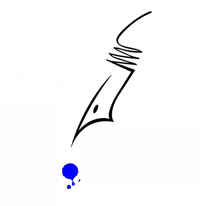
Geneviève told us, in all candor, as though it were obvious things could be no other way, that she had never met a Muslim. It was not simply that she lacked Muslim friends. She made it clear–defensively, at our surprise–that she had never knowingly become acquainted with a Muslim, spoken with a Muslim or spent any time in Muslim company, even at work. She claimed she would not have recognised a Muslim if she had met one. We struggled to mask our shock. To live in a society in which Islam was the faith of millions and to claim to be unconnected, even vaguely, with a single one of them was to place oneself at the extreme edge of the real world. Until this moment, Geneviève had not behaved like a person at the edge. I strove to give our friend the benefit of the doubt and to believe she spoke out of naivety–breathtaking in an apparently educated person–and not out of calculated racism. She was a Maronite Catholic but made little about her faith explicit and did not invoke doctrine in anything she said. Yet there was no avoiding the fact that Geneviève spoke as though the number of Muslims in her country–in her entire region of the world–was not a reality of history, an intrinsic part of life, but something offensive and noxious to be resisted. “They are having more babies than us, she said, growing adamant. “They want to outnumber us. They want to kill us. Why would I want to know them?” The ‘us’ to whom she referred could only have been Maronites like herself. She must have believed she was righteous. The idea of millions of Muslims frightened her, so she fought the idea even of one. She needed an enemy–and although her words carried an abhorrence of Muslims, she liked them in that role.
—From Theodore Ell’s Lebanon Days (2024).







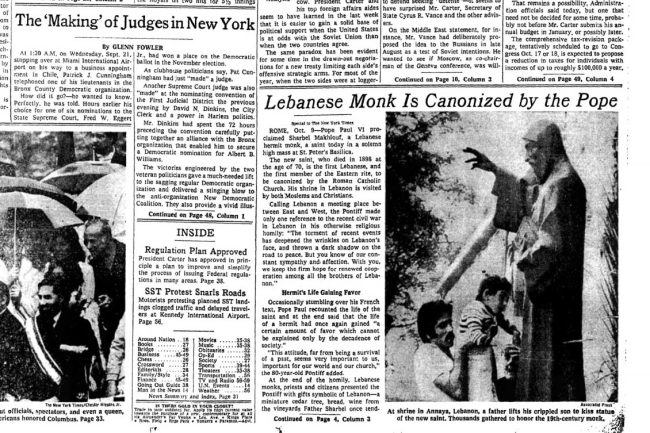
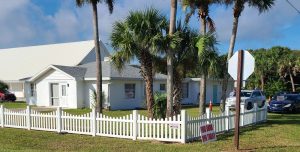

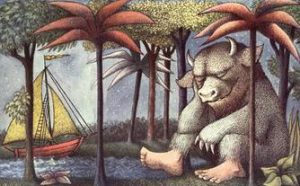
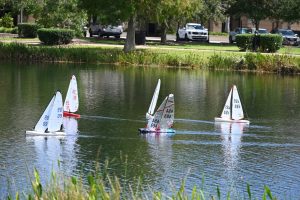

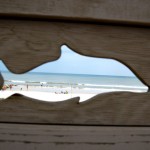

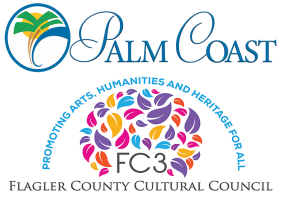
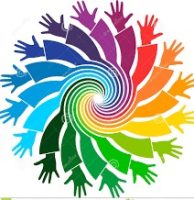
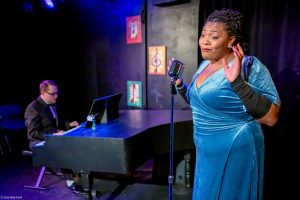






















Appreciating you says
Very much appreciated your remembrance of this point in your life. Solemn and educational, with a forward looking view. It was like a moment of silence to read your words and also the quote from T. Ell.